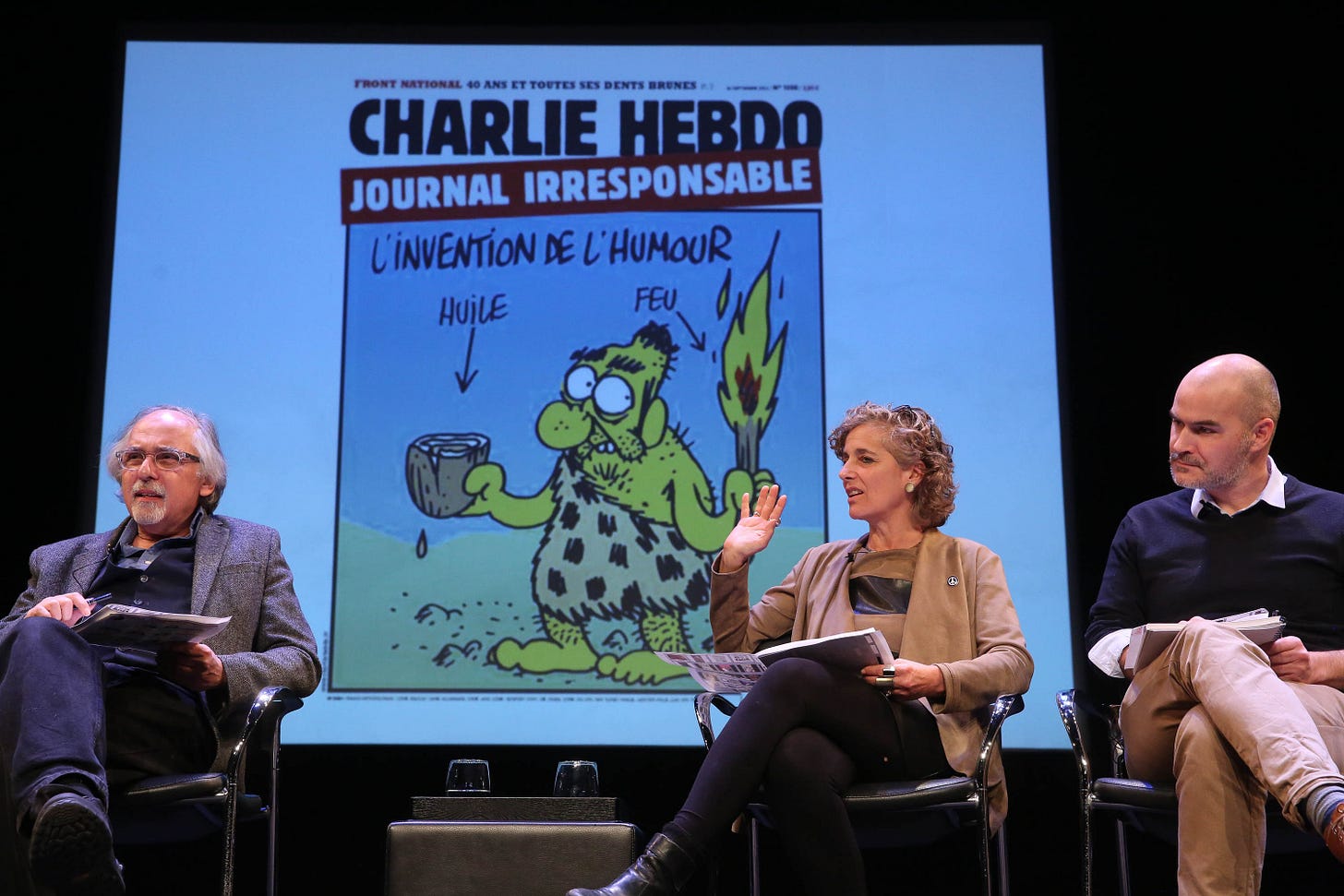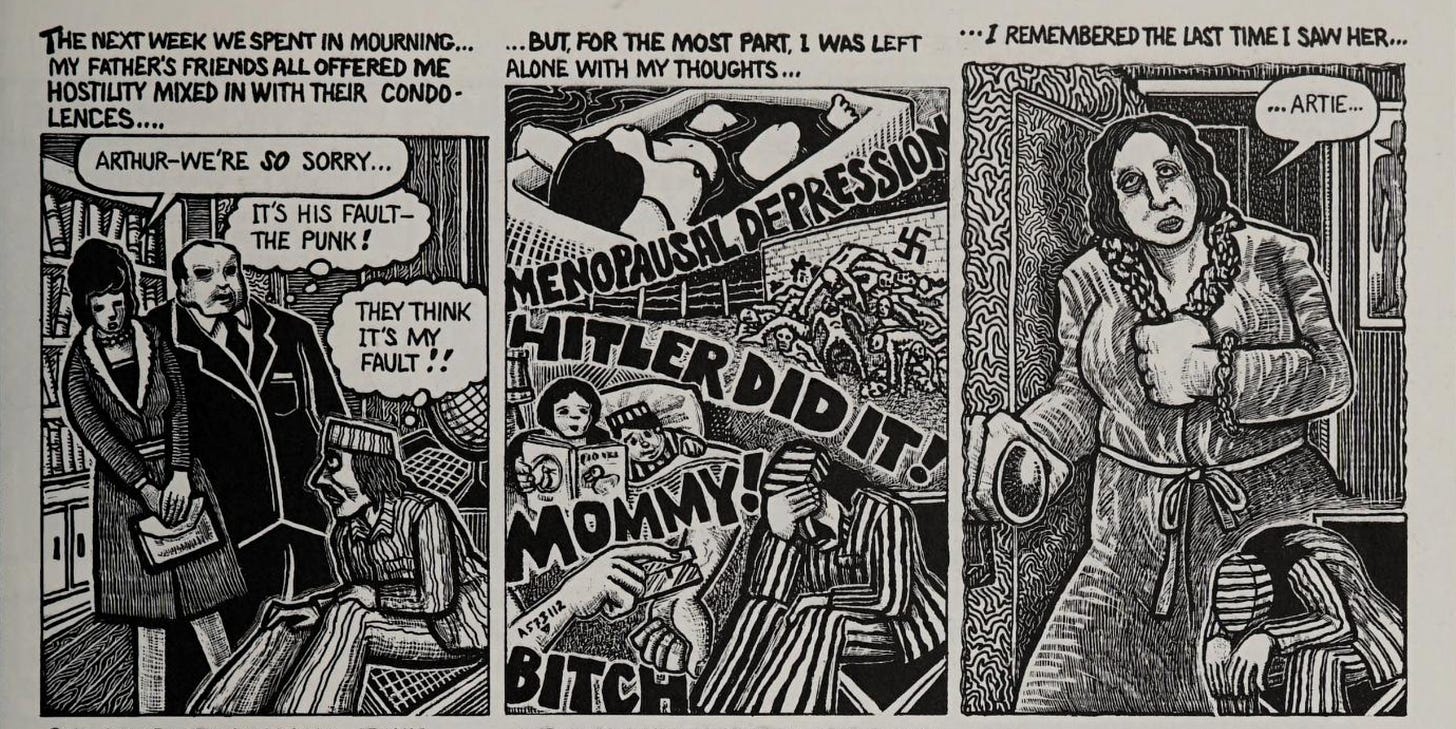
When the Pulitzer Prize winning cartoonist Art Spiegelman first started reading comic books in the early 1950s they were the subject of intense controversy. At the time, comics were the intense focus of an international moral panic, accused of contributing to juvenile delinquency and illiteracy by psychologists, politicians, and parents. The repression of comics in the 1950s —which came complete with book burnings as well as more subtle forms of censorship—planted the seedbeds for the underground comics of the 1960s, where artists like R. Crumb, Shary Flenniken, and Spiegelman creating transgressive sexual and psychedelic art. This in turn led to Spiegelman’s pathbreaking graphic novel Maus, an attempt to tell, in the visual language of comics, the type of story typically thought as too mature and difficult for the form.
With the removal of Maus from a school curriculum in Tennessee, history seems to be coming full circle. The removal is part of a larger wave of graphic novels being challenged in schools and libraries, often dealing with LGBTQ themes and stories.
I thought it would be an opportune time to look at why comics are such an inherently scandalous form. So I sat down and had a wide-ranging conversation with Charles Hatfield, one of the best comics scholars in the world and author of Alternative Comics (2005) and other scholarly work.
We took up the history of censoring comics, why visual media provokes, the gatekeeping of children’s reading material, the rise of underground comics, the elevation of comics in the pages of RAW (the magazine edited by Spiegelman and Françoise Mouly), the ethics of telling stories about atrocities, and the way Spiegelman used formalistic experiments to construct a Holocaust narrative that is tactful and discreet while also being honest. Some of the ground we cover overlaps with the biography of Mouly I wrote, In Love With Art.
I was very happy to get a chance to go over this territory again, and Charles and I delve further into its continued relevance.
More Comics Podcasts
For more comics discussion, previous podcasts have dealt with Jack Kirby’s The Eternals and the politics of Steve Ditko.
(Post edited by Emily M. Keeler)
Share and Subscribe
If you enjoyed this podcast, please share:
Or subscribe:

















Share this post